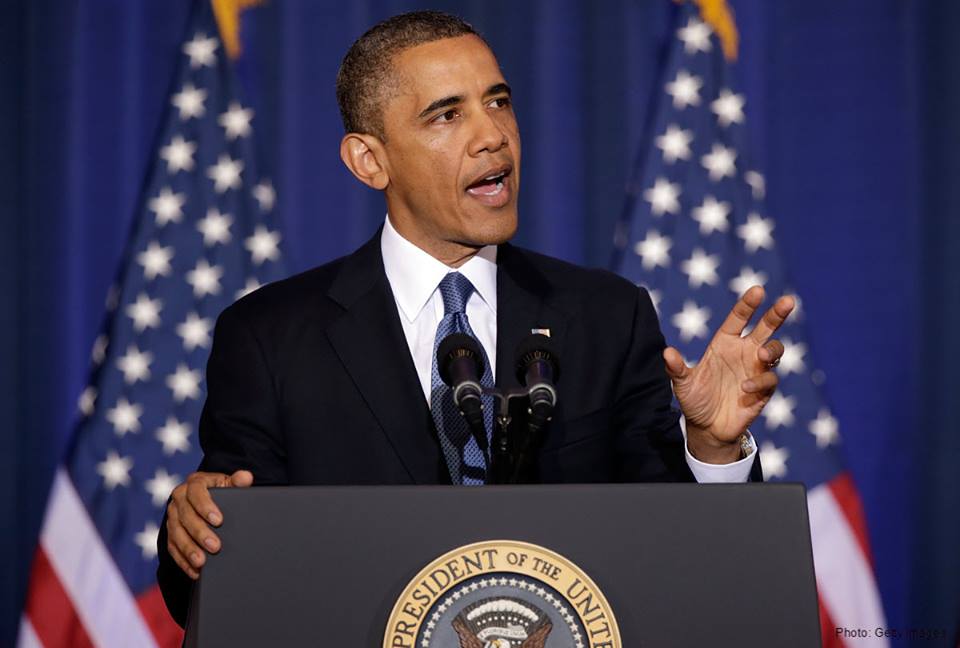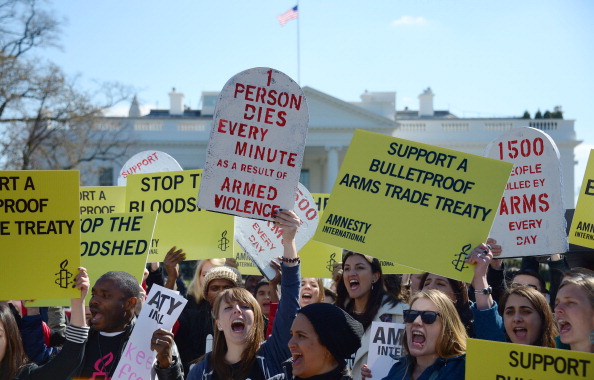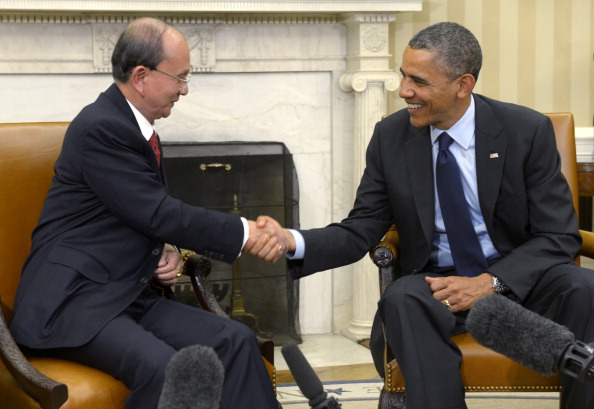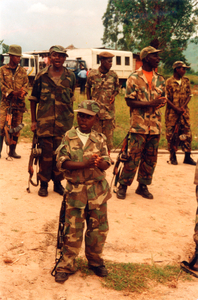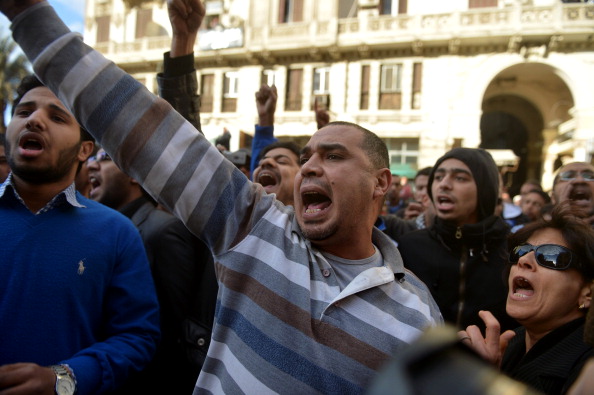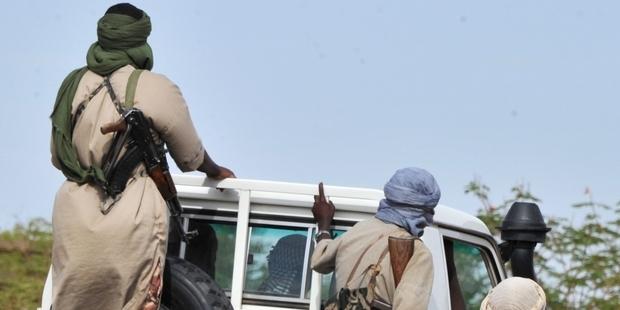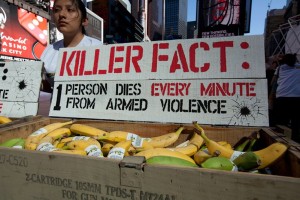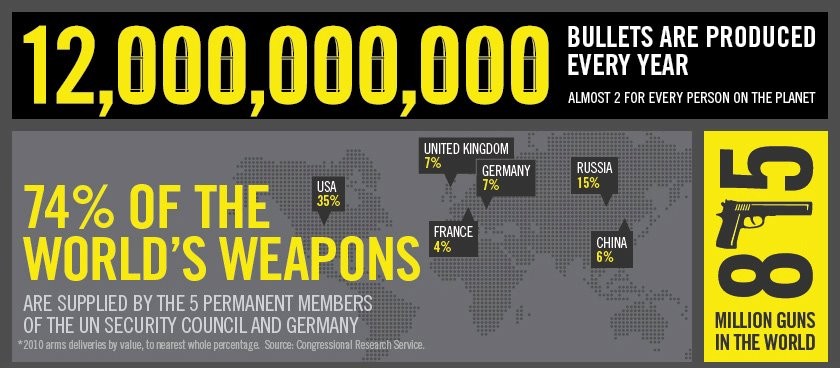
The US is trying to strip the Arms Trade Treaty of critical human rights protections.
This post is part of a special series on the Arms Trade Treaty. From March 18-28, world leaders from more than 150 countries are gathering for the UN Conference on the Arms Trade Treaty (ATT) in New York. An Amnesty International delegation with representatives from every world region is participating and will be pressing leaders to agree to a strong treaty that upholds international human rights law.
By Nate Smith, Arms Trade Treaty Negotiations Observer
Update: THOUSANDS of your calls have been pouring into the White House since Monday. Thank you and keep it up! Apparently, we’re partially responsible for jamming up White House lines, so please try this new number in case you’re having trouble getting through: 202-456-1414…24 hours left – let them hear you!
Late on Friday, the latest draft of the Arms Trade Treaty was shared publicly. It’s not looking good.
Here’s what it boils down to: Will world leaders take the necessary steps now to prevent sending weapons to countries where they will likely be used for torture, summary executions, and other human rights abuses? Or will they allow business as usual and wait until even more staggering numbers of civilians have been killed until they finally decide to stop arms shipments to those who are targeting civilians?
The second option is called the “body bag” approach. The US government is among those who actually think this is a good idea. It wants to allow critical human rights protections to be kept out of the treaty. These would require countries to exercise some due diligence in making sure they aren’t transferring weapons to places where they know they’ll be used in extrajudicial executions, disappearances, or torture – a global “background check” for arms transfers
SEE THE REST OF THIS POST
